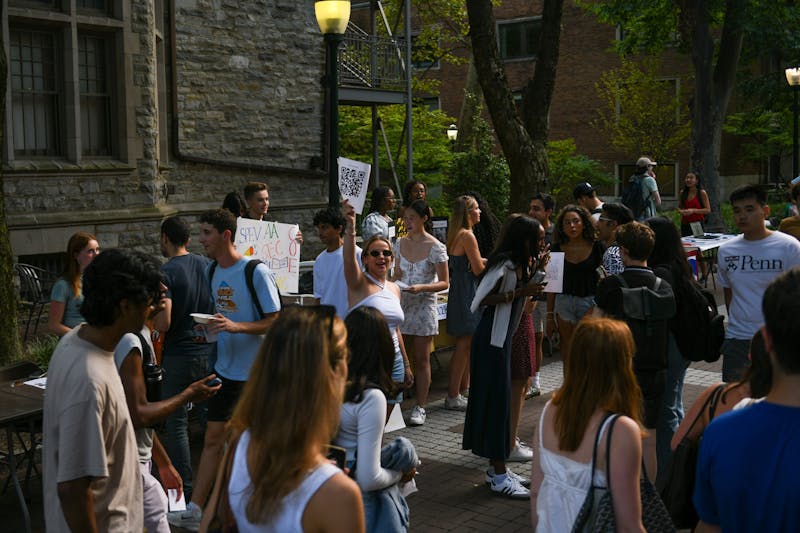Historic changes could be coming to the alcohol market in Pennsylvania, but the jury is out on what effects Penn students would see.
Beer distributors have reacted negatively to a proposal, recently passed by the Pennsylvania House of Representatives, to privatize the commonwealth’s state-run liquor distribution system.
The bill would abolish the 600 state stores and allow private stores to buy licenses to sell wine and hard liquor. Current beer distributors — which are already privately owned — would be offered licenses at reduced prices and with a 12-month lead time over the general public. Supermarkets and convenience stores eventually would be allowed to purchase licenses to sell beer, wine and liquor.
Despite the preference given to beer distributors, some are still concerned they would be negatively impacted by the changes.
Doug Flavin, the manager at Springfield Beer at 600 Schuylkill Ave., said allowing more stores to purchase beer distribution licenses would affect his store “negatively.” He said that big companies would come in and push smaller business out of the market, echoing a refrain heard across the state from industry groups.
“[M]aking substantial changes in the retail alcoholic beverage industry will likely close 1,200 small family-owned beer distributors,” Mark Tanczos, the president of the Malt Beverages Distributors Association of Pennsylvania, wrote in an op-ed in The Philadelphia Inquirer. “The plan also will raise prices for consumers and result in fewer choices at the multitude of new outlets.”
Advocates of the reform have emphasized the burden on beer distributors would be minimal.
“There would be immediate equity for a beer distributor because of the reduced price,” said Matt Brouillette, a spokesperson for the Commonwealth Foundation, a Harrisburg free-market think tank. He added that the lead time would give beer distributors plenty of time to get out of the market if they believed they couldn’t compete. “They would have immediate opportunity to profit by selling their licenses,” he said.
Tommy Reganato, the store manager at the Fresh Grocer, said he would “love it” if the supermarket could sell alcohol. “I ran a store that had a liquor license, and it’s a great thing,” he said.
The bill could also impact the development of a proposed state wine and spirits store at 43rd and Chestnut streets. Barry Grossbach, chair of the zoning committee of Spruce Hill Community Association, said the owner of the property was waiting to be issued a license.
“How the move toward privatization will affect that is anyone’s guess,” he said.
The last remaining hurdle for liquor privatization is the Pennsylvania Senate. Republican Gov. Tom Corbett, a staunch advocate of privatization, would sign the bill should the Senate pass it.
The Daily Pennsylvanian is an independent, student-run newspaper. Please consider making a donation to support the coverage that shapes the University. Your generosity ensures a future of strong journalism at Penn.
DonatePlease note All comments are eligible for publication in The Daily Pennsylvanian.







